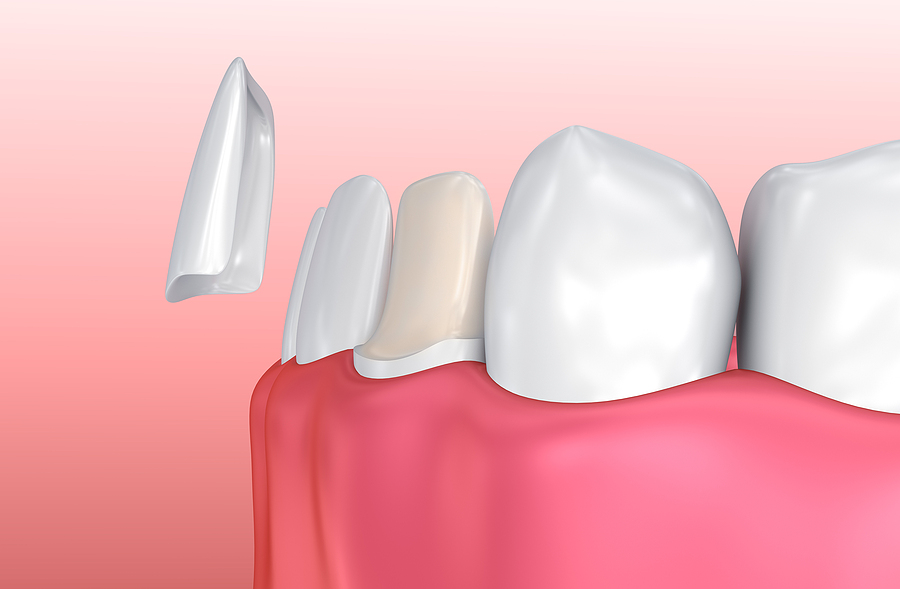Posted by Radiant Dental Care on Aug 4 2020, 09:42 PM
Your dentist may recommend root canal therapy if you have severe tooth damage or deep dental decay. When performed, it is often a necessary step to save the tooth from falling out or to prevent the infection from spreading. There are certain symptoms that may suggest root canal therapy is necessary, and it is helpful to become more familiar with them. When root canal therapy is needed, it also helpful to understand what the treatment is exactly.
Root canal therapy is a common dental procedure that most dentists offer. It is safe and effective, but more invasive than dental fillings and various other similar procedures. The following is an overview of what root canal therapy is, when it might be necessary and what you can expect throughout the treatment and aftercare.
Root canal therapy is a dental procedure that removes and replaces infected and damaged dental pulp in the root of a tooth. Root canal therapy is needed if a tooth infection develops and cannot be treated through less invasive methods, such as antibiotics or draining the dental abscess. Root canal therapy can also address severe tooth decay that cannot be treated with a dental filling. The primary purpose of root canal therapy is to address the underlying symptoms and prevent the tooth from becoming lost.
The symptoms may vary for each patient, but there are certain symptoms that are more common among those who need a root canal procedure. The most common symptoms include:
If there are any oral health symptoms that become intolerable or exist for an extended period of time, then it is important to visit the dentist for a visit to see what the best course of treatment is.
The typical procedure for root canal therapy includes accessing the dental pulp inside of the tooth root, removing the infected tooth pulp, sealing the tooth with a filling material and attaching a dental crown. The procedure does not take more than a couple of hours, and the procedure itself is not painful for the patient.
Although the root canal procedure itself may not be painful, there will be some discomfort during the recovery process. The best way to minimize discomfort during recovery is by keeping the mouth clean through good oral hygiene practices, avoiding hard foods or foods high in sugar and drinking water throughout the day to wash away bacteria and food particles. You can also ice the affected area and take pain relief medication as directed by the dentist.
Our dentistry offers root canal therapy, and we help our patients through each step of the process. Reach out to us today to learn more about root canal therapy and to arrange a time to visit with our friendly dental team.
Request an appointment here: https://www.radiantdentalcarepasadena.com or call Radiant Dental Care Pasadena at (281) 991-6530 for an appointment in our Pasadena office.

Do Dental Implants Feel Like Real Teeth? What You Need to Know

The Impact of Dental Implants on Jawbone Health & Facial Structure

How Cosmetic Dentistry Can Improve More Than Just Your Smile

Enhancing Your Smile with Dental Veneers

Saving Your Smile: A Comprehensive Guide to Root Canal Treatment in Pasadena, TX
MON - THU 8:00 am - 5:00 pm
FRI 8:00 am - 2:00 pm
SAT - SUN Closed